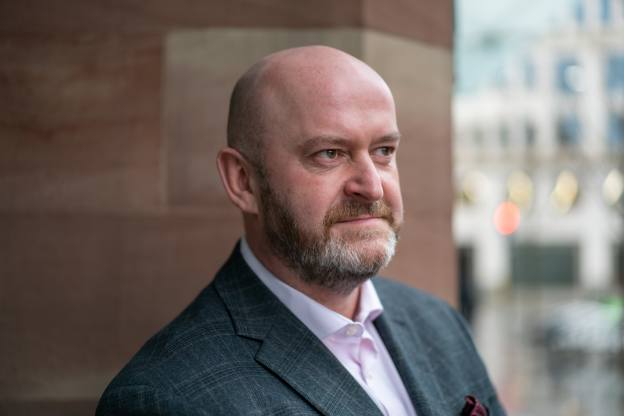"Moving to a fee basis for the first time forced you to address things like what's my cost to serve, how much do I charge a customer, what else needs to be in my business, do I outsource, what does my technology look like? From that perspective the RDR started the process of creating some really professional business people."
When the RDR was introduced 10 years ago Howells was working for Zurich, attending a host of adviser roadshows and "talking only about the RDR".
He said the big things advisers were worried about were qualifications, the move to fees, the debate about independent versus restricted, and capital adequacy.
"As it turned out, three of the four were non-issues. The only one that really became an issue for a lot of advisers was the attaining of their qualifications."
Since the RDR was introduced SBG has made a number of changes to its business, not least the closure of its network of investment advisers in 2015, following problems with pension mis-selling.
As such, many of the new rules introduced by the RDR did no longer affect SBG directly. However, Howells says the RDR had an indirect effect on the service its business support arm Bankhall was giving advisers.
Its clients no longer needed help with just compliance, now they were asking for guidance on their business model, he notes. Issues around fees and how to structure them and other business decisions began to heavily feature on the menu.
These days advisers are asking for help on structuring exit routes, and potential challenges to the financial planning model coming from the current debates around delivering value for money, which also features in the consumer duty.
"A lot of financial planners are concerned that [ongoing percentage-based fees] will come to an end, so what does the next model look like?"
For networks in general the RDR was probably good news, comments Howells, referring to greater professionalism and consumer confidence.
"One of the opportunities we've missed is, have we really promoted the positive changes that we've seen enough to the end consumer? I don't think we have."
Whereas clients tend to have huge trust in their adviser, there is not enough trust in the overall sector, he says, "and everyone gets tarnished with the same brush, so if something happens in the banking environment the whole of the financial services sector feels the weight of that."
He also says there is "far too much emphasis on cost" when it comes to investments. "It almost seems to be 'cheap is good', whereas I think the focus should be on value from a customer perspective.






